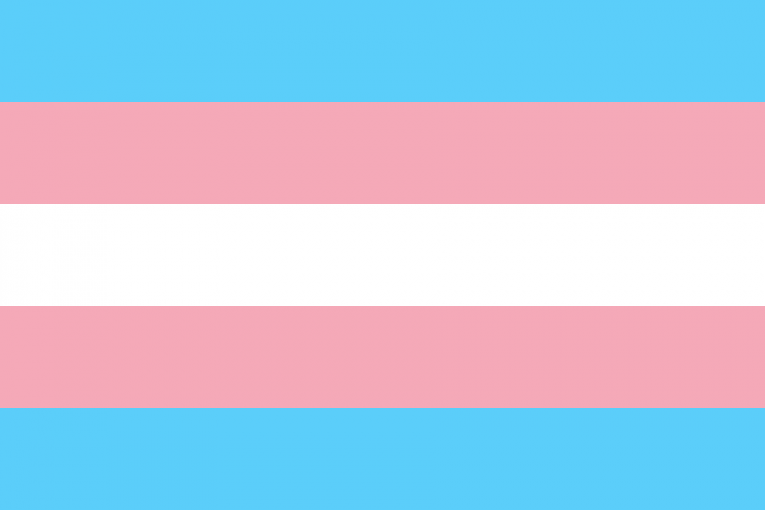
WASHINGTON, DC – When President Donald Trump became the 47th president in January, he started a new legal battle over Executive Order 14166, a directive issued by the White House that significantly alters policies regarding the housing and treatment of transgender individuals in federal prisons, according to a lawsuit here.
The lawsuit claims the executive order has sparked outrage among civil rights attorneys, and argues the order violates constitutional protections and federal statutes aimed at protecting transgender individuals from discrimination and cruel treatment.
Executive Order 14166, signed by President Trump, mandates the Federal Bureau of Prisons (BOP) house incarcerated individuals based strictly on their biological sex, rather than their gender identity.
The order states, “Federal correctional facilities shall classify and assign housing based on biological sex at birth, ensuring the security and order of institutions while maintaining humane treatment standards.”
According to the U.S. District Court District of Columbia court pleading, this marks a departure from previous policies under the Prison Rape Elimination Act (PREA), which allowed for case-by-case determinations regarding housing placements for transgender individuals.
The American Civil Liberties Union (ACLU) and other civil rights organizations have filed lawsuits against the administration, arguing that the executive order contradicts established federal protections, including the Eighth Amendment’s prohibition against cruel and unusual punishment.
The U.S. District Court District of Columbia filing states plaintiffs argue the order exposes transgender individuals to severe risks, including violence and mistreatment in male prison facilities.
The complaint states, “Defendants are well aware of the grave risks Plaintiffs will face if they are transferred to men’s prisons, but they are actively implementing Section 4(a) and have caused BOP officials to initiate Plaintiffs’ transfers anyway. Their decision to disregard the known and substantial risks of serious harm violates Plaintiffs’ rights under the Eighth Amendment.”
Additionally, the U.S. District Court District of Columbia filing states the legal complaint highlights that the removal of medically necessary hormone therapy and transition-related healthcare under Section 4(c) of the order also violates constitutional protections against cruel and unusual punishment.
U.S. District Court District of Columbia suit alleges: “A prison official who has knowledge of an individual’s serious need for medical care and intentionally refuses to provide that care acts with deliberate indifference and therefore violates the Eighth Amendment’s prohibition on cruel and unusual punishment.”
Plaintiffs argue the abrupt termination of hormone therapy and other transition treatments would lead to serious physical, psychological and emotional harm.
The legal challenge further contends that Executive Order 14166 violates the Rehabilitation Act of 1973, which prohibits discrimination against individuals with disabilities in federally funded programs.
The U.S. District Court District of Columbia complaint states, “Gender dysphoria is a serious medical condition that qualifies as a disability. It is a physical impairment that substantially limits the major life activities of interacting with others, reproduction, social and occupational functioning, and caring for oneself.”
The complaint adds federal regulations recognize the heightened risk of sexual violence for transgender individuals in prison.
Section 4(a) of the order, which mandates transfers based on biological sex, allegedly revokes these reasonable accommodations, resulting in discrimination, as cited in the U.S. District Court District of Columbia pleading.
Furthermore, Section 4(c) of the order bans all medical treatments related to gender transition, even when deemed medically necessary by healthcare providers, claim plaintiffs.
“The Order’s intentional disregard of a known and substantial risk of serious harm to transgender women in BOP custody, including Plaintiffs, violates the Eighth Amendment,” the suit states.
The complaint asserts, “Section 4(c) discriminates based on disability by excluding people with gender dysphoria, including Plaintiffs, from accessing medically necessary healthcare services that are provided to all other people in BOP custody based on medical need.”